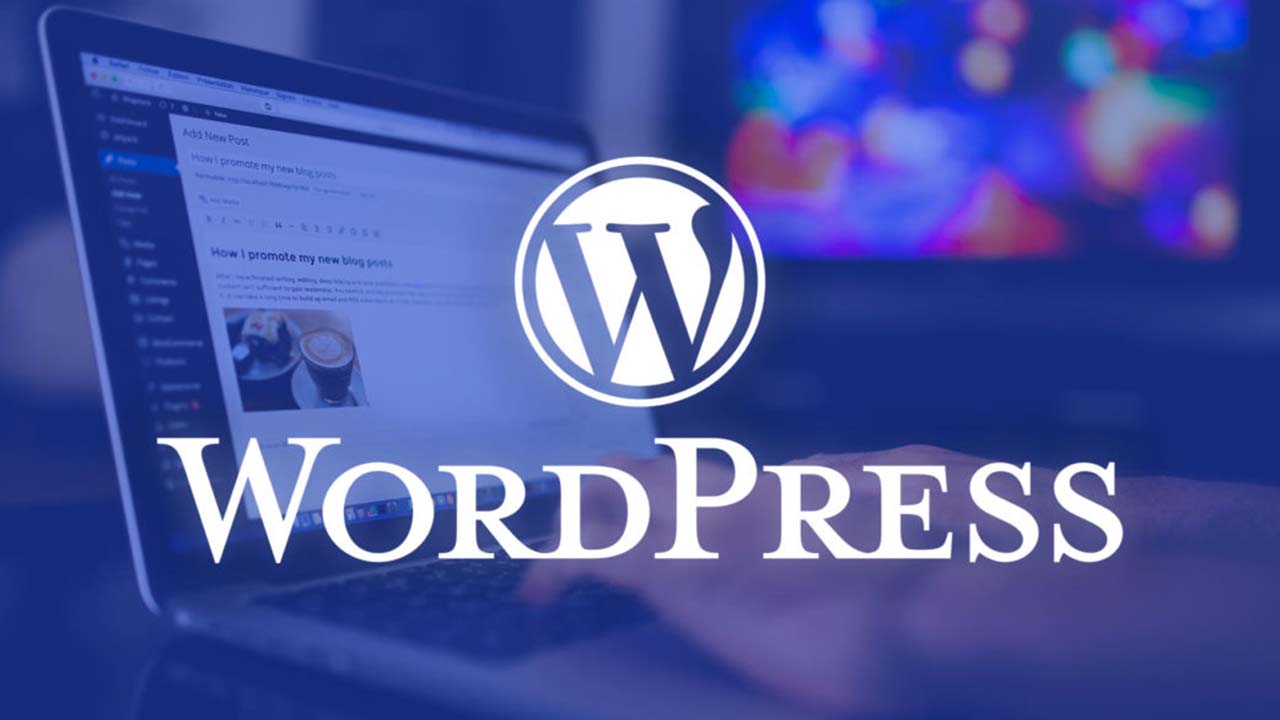WordPress has established itself as the most popular Content Management System (CMS) in the world, powering over 40% of all websites on the internet. Here’s why WordPress stands out, along with a look at its strengths and weaknesses.
Strengths of WordPress
1. User-Friendly Interface:
WordPress offers an intuitive and easy-to-use interface, making it accessible for users with little to no technical expertise. Setting up and managing a website is straightforward, even for beginners.
2. Extensive Customization:
With thousands of themes and plugins available, WordPress provides extensive customization options. Users can easily modify their website’s appearance and functionality to match their unique needs and branding.
3. SEO-Friendly:
WordPress is built with search engine optimization (SEO) in mind. Its clean code and various SEO plugins, like Yoast SEO, help improve website rankings on search engines, driving more traffic to your site.
4. Large Community and Support:
The vast WordPress community contributes to continuous improvements, offers extensive documentation, and provides support through forums, tutorials, and online resources. This active community ensures that users can find help and solutions quickly.
5. Flexibility and Scalability:
WordPress can support a wide range of websites, from small blogs to large e-commerce sites. Its flexibility and scalability make it a versatile choice for various types of projects.
6. Regular Updates and Security:
WordPress regularly releases updates to improve functionality, security, and performance. These updates help protect websites from vulnerabilities and keep them running smoothly.
Weaknesses of WordPress
1. Security Vulnerabilities:
Due to its popularity, WordPress is a common target for hackers. While the core software is secure, the use of third-party themes and plugins can introduce vulnerabilities if not properly maintained.
2. Performance Issues:
Using too many plugins or poorly coded themes can slow down a WordPress site, affecting user experience and search engine rankings. Performance optimization requires careful management and technical know-how.
3. Maintenance Requirements:
WordPress sites require regular maintenance, including updating themes, plugins, and the core software. Neglecting maintenance can lead to security risks and performance issues.
4. Customization Limitations:
While WordPress is highly customizable, achieving certain advanced features or specific functionalities may require custom coding. This can be challenging for users without technical skills.
5. Learning Curve:
Despite its user-friendly interface, mastering WordPress's full potential can take time, especially for those unfamiliar with web development concepts.
Conclusion
WordPress remains the most popular CMS globally due to its user-friendliness, extensive customization options, SEO capabilities, and supportive community. However, it’s essential to be aware of its weaknesses, such as security vulnerabilities, performance issues, and maintenance requirements. By understanding these strengths and weaknesses, businesses and individuals can make an informed decision about whether WordPress is the right choice for their website needs.
Embrace the power of WordPress to create a versatile, scalable, and SEO-friendly website, and join millions of users who have found success with this leading CMS.


Comments (0)